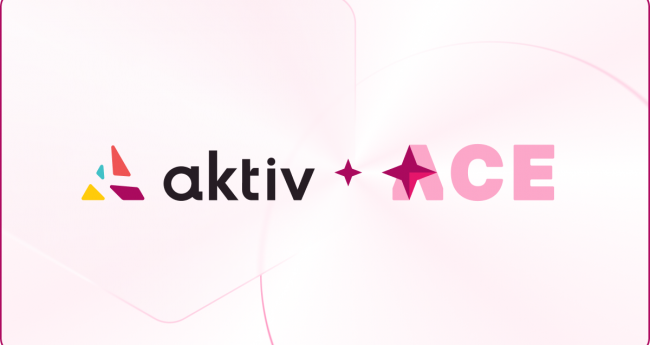Chemistry is a unique and fascinating area of study but it can be challenging for beginners to gain mastery of its core concepts and methods. Instructors, especially at the college level, are faced with designing courses that provide an optimal learning experience for large student bodies with a wide mixture of incoming skill levels.
Of course, a very important aspect of any course is the approach to homework. For chemistry students, homework needs to achieve three key objectives: practice, assessment, and learning. Students need homework assignments that help them form a strong foundational understanding of complex chemistry concepts as well as develop the ability to critically analyze and apply that knowledge.
Why common homework approaches don’t work in chemistry
The needs for chemistry students often extend far beyond what many traditional online homework platforms can offer. With limited question styles and feedback that is often overly generic, students lose out on the opportunity for homework to be a truly formative experience that grows their mastery of chemistry.
The average practice assessment format both assumes, and hopes, that students already know what they need to know. When students struggle with performance, they have limited options — either attempt to obtain the right answers (in other words, cheat) or connect with the instructor in class or directly via office hours, phone, or email. While the latter approach is far superior to the former, it can be time intensive for the instructor if multiple students require individualized support.
Furthermore, if chemistry instructors only focus on homework as an assessment tool, then they are likely only using that homework to attempt to determine if students are “on track”. However, this puts much of the burden onto the student to close any knowledge gaps they may have. The alternate approach is to attempt to make homework more formative — as in, it should inform instruction. However with large class sizes and the complexity of chemistry as a topic, the constant adaptation required would be nearly impossible to achieve without frustrating students on either end of the spectrum. Suffice it to say, the assessment/drill style of homework has some major shortcomings.
Shifting homework to a true learning experience
Formative assessments are most valuable when students can be honest about their strengths and weaknesses without feeling punished for their skill gaps. Students also need contextual, relevant, and immediate feedback that helps them improve their skills while reinforcing their areas of strength without losing their interest and momentum. Students learn more effectively when instructors take a student-centered approach and leverage tools and methods for active learning.
Download Our White Paper on Online Homework
To learn about the four key components you can leverage to transition your students’ homework into an active and engaging learning experience, download our ebook.




